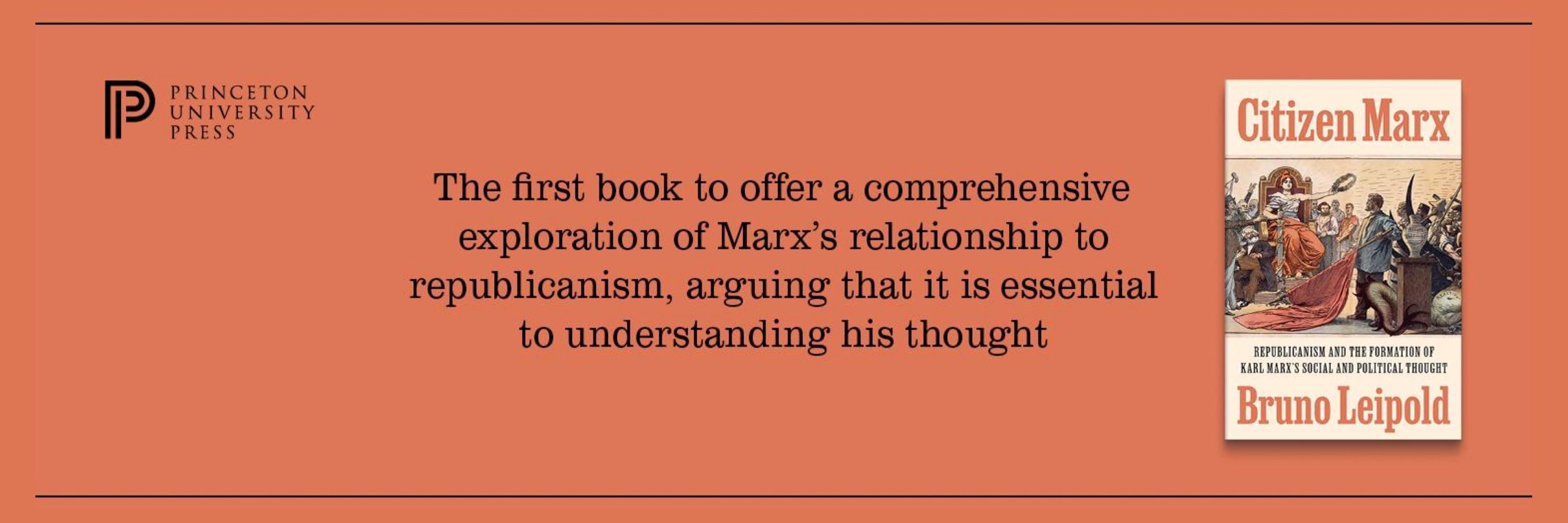Bruno Leipold
@brunoleipold.com
8.4K followers
380 following
370 posts
Political theorist @lsepoltheory.bsky.social. Author of Citizen Marx. www.brunoleipold.com
Posts
Media
Videos
Starter Packs
Pinned
Reposted by Bruno Leipold
Reposted by Bruno Leipold
Reposted by Bruno Leipold
Reposted by Bruno Leipold
Reposted by Bruno Leipold
Reposted by Bruno Leipold
Reposted by Bruno Leipold
Reposted by Bruno Leipold
Reposted by Bruno Leipold






















